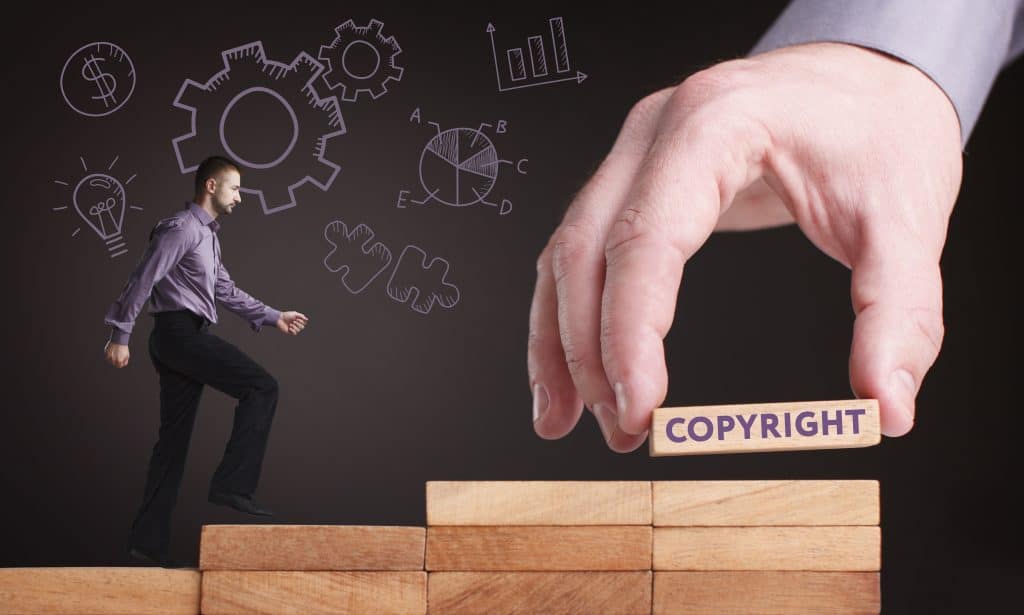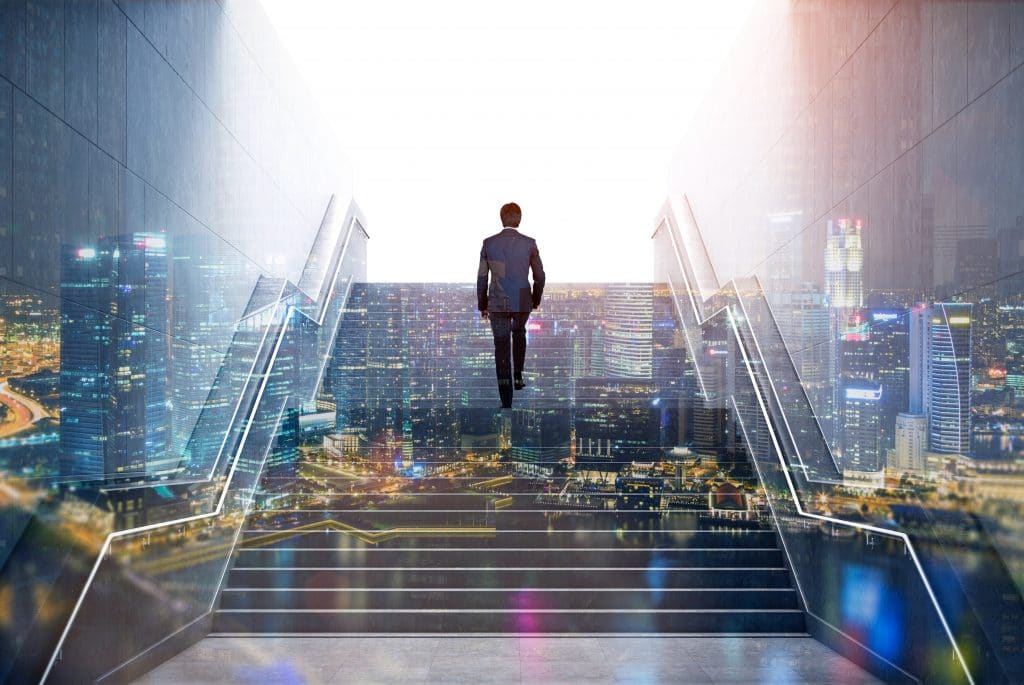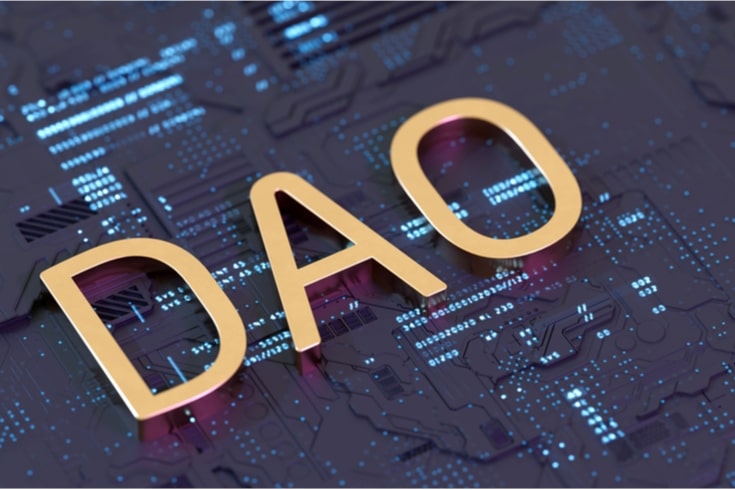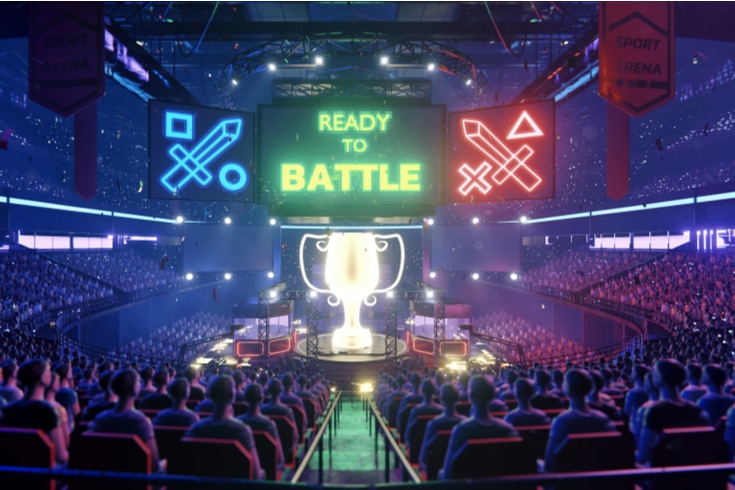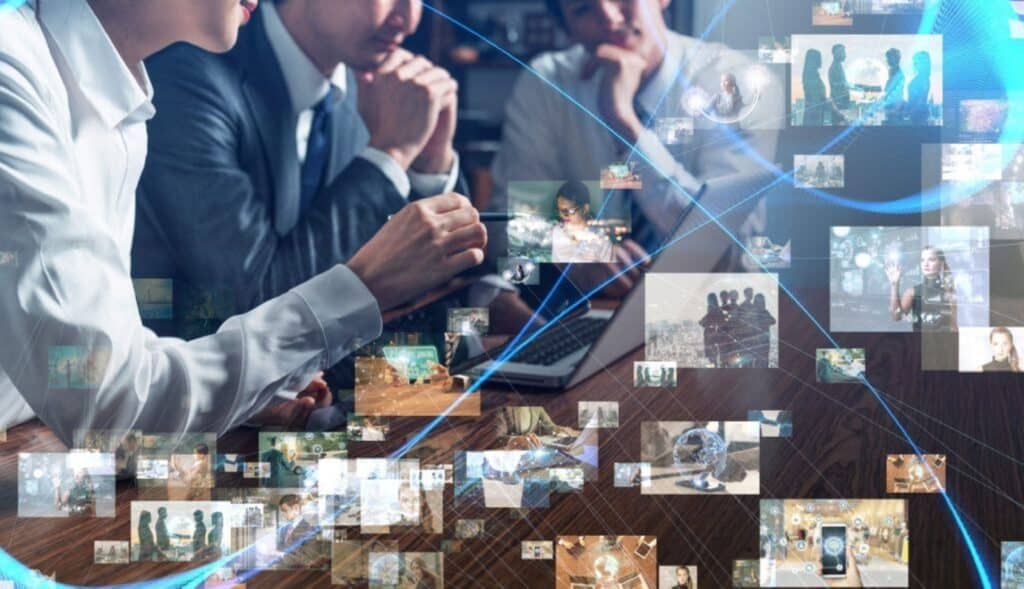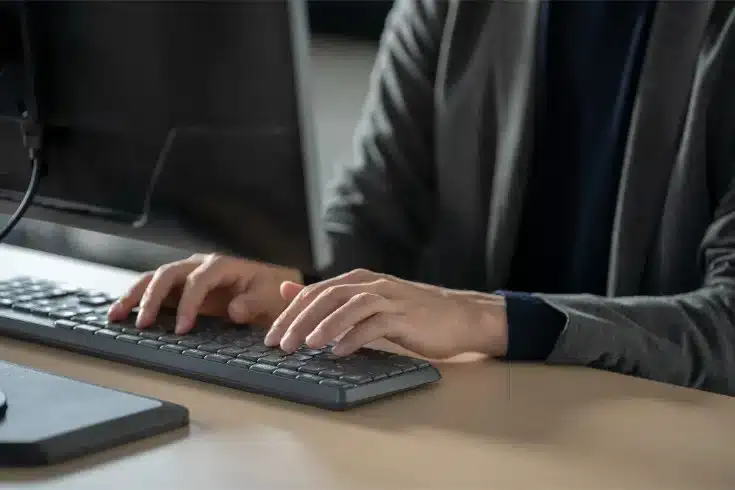Fair Use: What Is It? American Artists File Class Action Lawsuit Against AI Company for Copyright Infringement
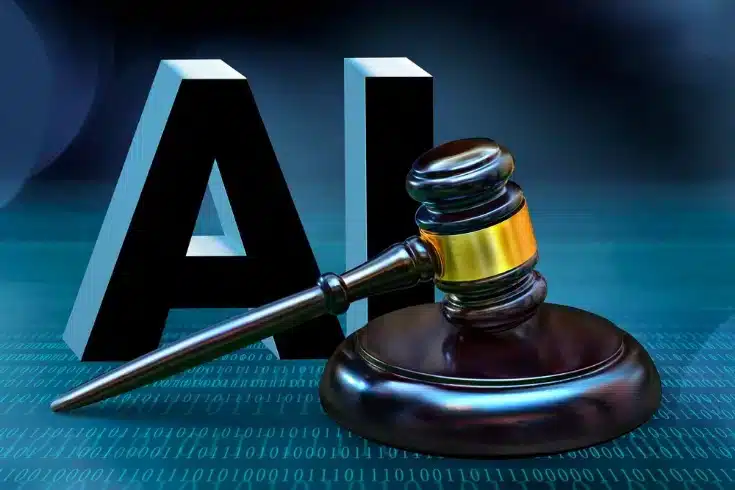
The recent advancements in generative AI technology have been remarkable. However, as AI development progresses, the potential for lawsuits concerning copyright infringement by AI is likely to increase. In the United States, there has been a lawsuit filed by an artist alleging copyright infringement of images generated by AI, which could become an important precedent for AI copyright infringement cases.
Could similar lawsuits occur in Japan?
Here, we will introduce a recent U.S. lawsuit involving AI copyright infringement and explain the differences between Japanese and American copyright laws.
Copyright Infringement Lawsuits Involving AI in the United States
In January 2023, three companies—Stability AI, Midjourney, and DeviantArt—were sued by artists who claimed that their works were copied without permission through web scraping and used for machine learning, thereby infringing on their copyrights.
In April of the same year, these companies requested a federal court in San Francisco to dismiss the lawsuit brought by the artists. They argued that the use of copyrighted works for machine learning falls under the principle of fair use. The court will now consider both parties’ arguments before deciding whether to dismiss the copyright infringement lawsuit concerning images generated by AI.
Reference: REUTERS|AI companies ask U.S. court to dismiss artists’ copyright lawsuit[ja]
What is Fair Use?
Fair Use is a legal defense against claims of copyright infringement under United States copyright law. According to Section 107 of the U.S. Copyright Act, the unauthorized use of a copyrighted work is not considered an infringement if it is deemed to be fair use, based on four factors of assessment.
Whether the use qualifies as fair use is determined based on the following four factors:
- The purpose and personality of the use
- The nature of the copyrighted work
- The amount and substantiality of the portion used in relation to the copyrighted work as a whole
- The effect of the use on the potential market for or value of the copyrighted work
Fair use is evaluated on a case-by-case basis.
The Relationship Between AI and Copyright in Japan
Regarding the concept of AI and copyright, the Agency for Cultural Affairs, at the Copyright Seminar for the fiscal year Reiwa 5 (2023), presented the view that one should consider separately the “AI development and learning phase” and the “generation and utilization phase,” as different articles of the Japanese Copyright Law apply to each stage.
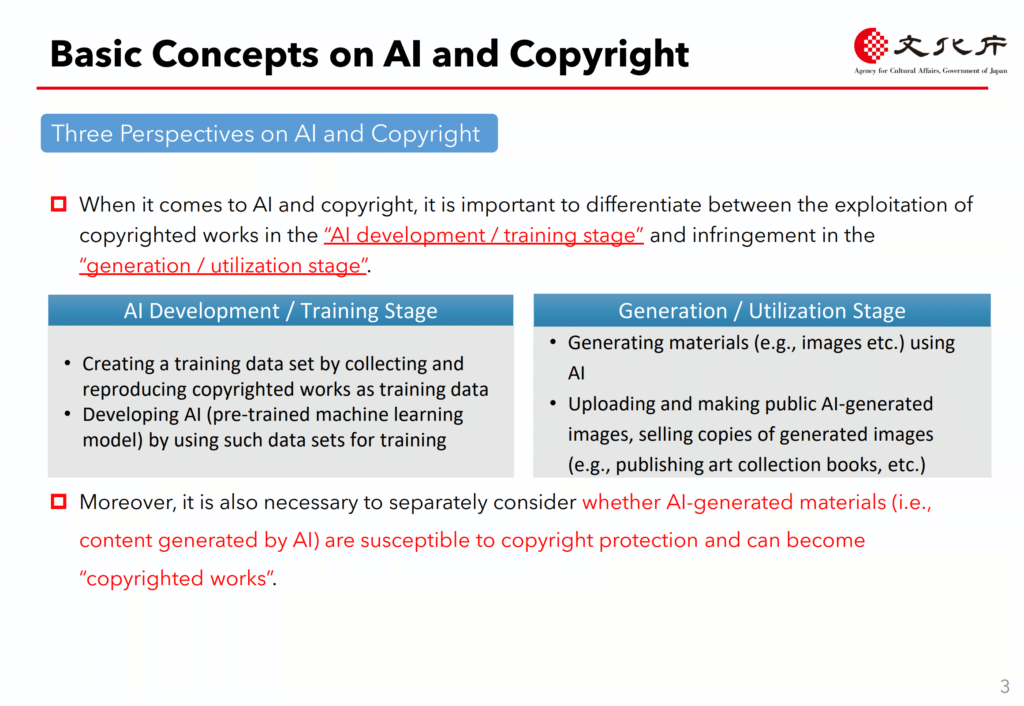
Source: Agency for Cultural Affairs | “General Understanding on AI and Copyright in Japan”
In the aforementioned U.S. litigation, the issue pertains to the “AI development and learning phase.” Under Japanese Copyright Law, Article 30-4 explicitly permits the use of copyrighted works for machine learning.
Permissible Uses Under Article 30-4 of the Japanese Copyright Law
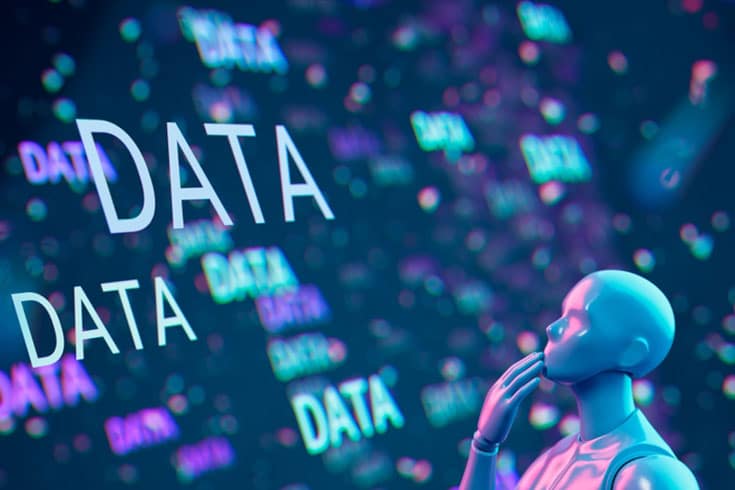
In Japan, the use of copyrighted works for machine learning is explicitly permitted under the law. This is stipulated in Article 30-4 of the Japanese Copyright Law, which allows users to utilize copyrighted works for machine learning without obtaining permission from the copyright holder.
This provision was established to promote the development of AI. Developing AI requires a vast amount of data, and obtaining permission from copyright holders for all data can be challenging. Thanks to this provision, AI developers can use copyrighted works for machine learning without the need for permission, thus facilitating easier AI development. For more details on the permissible uses under Article 30-4 of the Japanese Copyright Law, please refer to the following article.
Related Article: Is Crawling Images on the Internet a Copyright Violation? Explaining the Legal Issues of Machine Learning[ja]
Conclusion: Consult a Lawyer About AI and Copyright Issues
Lawsuits involving copyright infringement by AI could significantly impact the future development of AI. To promote the advancement of AI while protecting the rights of copyright holders, it is becoming increasingly urgent for countries to establish laws concerning AI copyright infringement.
Dealing with legal issues related to AI and copyright requires not only knowledge of the law but also an understanding of AI and machine learning technologies. We recommend consulting with experienced attorneys who can provide the necessary expertise.
Guidance on Measures by Our Firm
Monolith Law Office is a law firm with extensive experience in both IT, particularly the internet, and legal matters.
The AI business is accompanied by numerous legal risks, and the support of attorneys well-versed in AI-related legal issues is essential. Our firm provides sophisticated legal support for AI businesses, including those involving ChatGPT, through a team of AI-knowledgeable attorneys and engineers. Our services include contract drafting, legality reviews of business models, protection of intellectual property rights, and privacy measures. Details are provided in the article below.
Areas of practice at Monolith Law Office: AI (including ChatGPT) Legal Services[ja]
Category: IT


